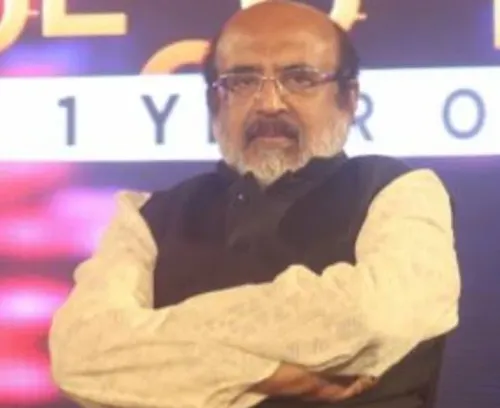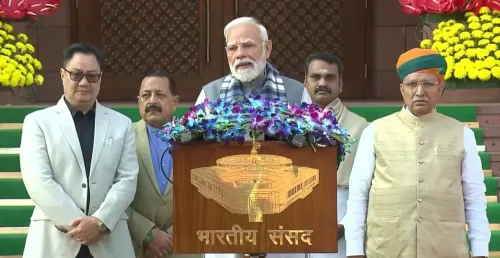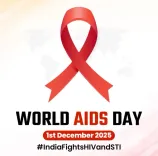Centre Reports 533 Consumer Complaints in Food & Beverages Sector Over Two Years

New Delhi, Dec 3 (NationPress) Approximately 533 consumer complaints have been recorded in the food and beverages sector within consumer commissions during the past two years, according to a statement from the government on Tuesday.
In a written statement presented in the Rajya Sabha, BL Verma, Union Minister of State for Consumer Affairs, Food and Public Distribution, noted that Uttar Pradesh registered the highest number of complaints at 112, followed by Rajasthan with 88, Haryana with 57, and Kerala with 51.
The state of Assam had the fewest complaints, totaling three, while Chandigarh and Uttarakhand each reported four.
Verma elaborated that the Food Safety and Standards Authority of India (FSSAI) was established in 2008 under the Food Safety and Standards Act of 2006. Its primary objective is to “set science-based standards for food products and regulate their production, storage, distribution, sale, and import to ensure the availability of safe and nutritious food for human consumption.”
Under the Act, there are specific provisions for penal actions pertaining to substandard, misbranded, and unsafe food.
This regulatory body conducts regular surveillance, monitoring, inspections, and random sampling of food items, including milk, dairy products, and baby food.
Additionally, it operates mobile food testing labs known as Food Safety on Wheels (FSWs) to enhance access to essential testing services in remote regions of the country.
According to the Consumer Protection (Consumer Disputes Redressal Commissions) Rules, 2020, established under the Consumer Protection Act, 2019, there is no fee required for filing complaints where the value of goods or services is up to Rs 5,00,000, the government stated.
Furthermore, the ministry has initiated the E-daakhil portal to facilitate the online submission of consumer complaints.
Moreover, video conferencing capabilities have been made available at both National and state-level Consumer Commissions.










